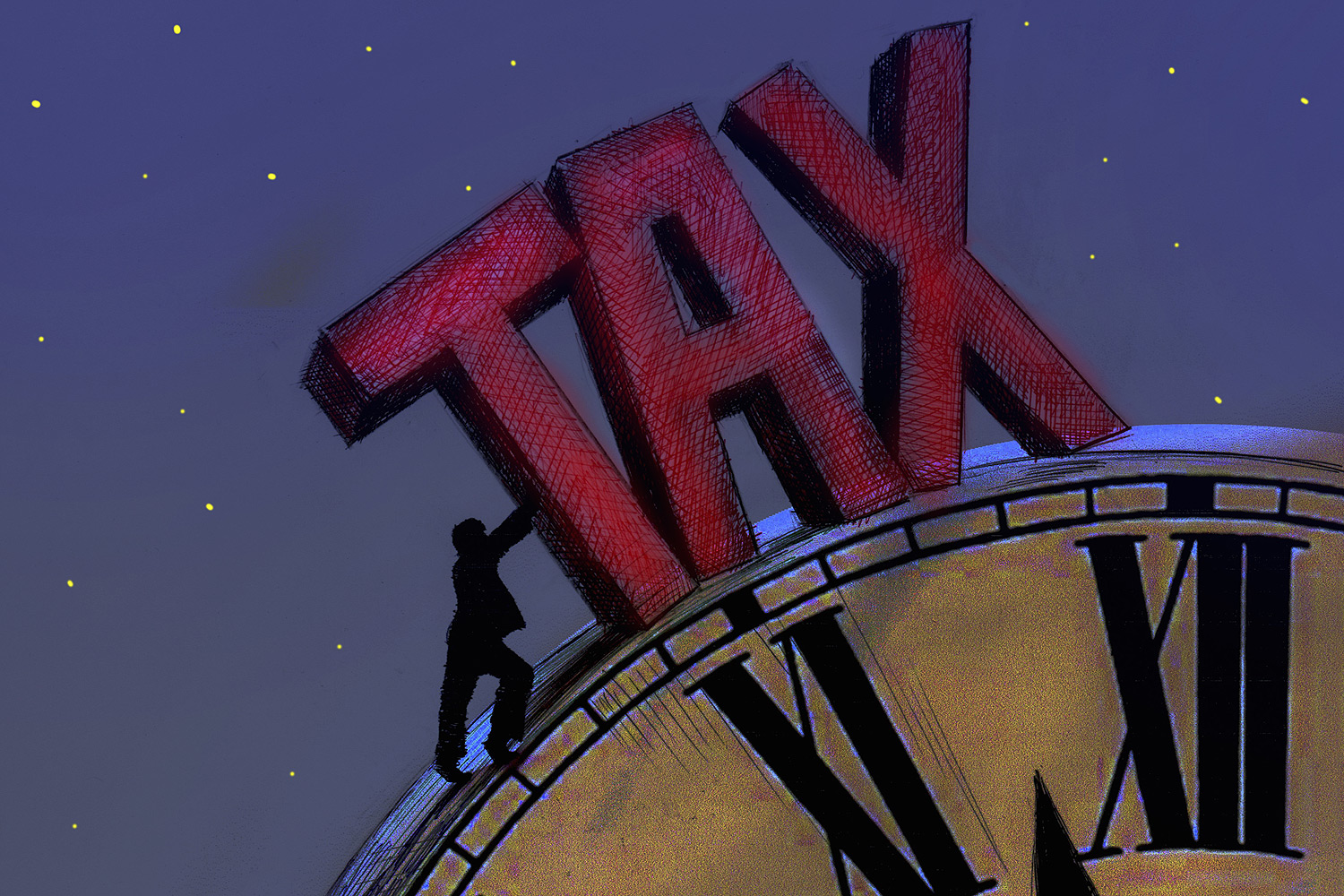Every candidate in this winter’s Democratic primary election for governor, save the quickly forgotten Robert Marshall, voiced support for moving Illinois to a graduated income tax. And as J.B. Pritzker challenges Gov. Bruce Rauner, who has shot down the notion of such a change, the state’s flat income tax structure seems likely to represent a central issue in the general election.
At the end of April, the Chicago-based Center for Tax and Budget Accountability released a report urging the institution of a graduated system. The analysis proposed two graduated rate structures to cut taxes for 98 percent of Illinois taxpayers while, it claimed, slashing Illinois’ budget deficit by $2 billion within a year of implementation.
To move from the current flat income tax, Illinois must amend its state constitution, which has prohibited a graduated income tax since 1970. That change requires voter approval at the ballot box, which won’t happen until 2020 at the earliest. (A March 2017 poll by the Paul Simon Public Policy Institute at Southern Illinois University found public support for a graduated income tax at 72 percent.)
Daniel Kay Hertz, the research director at the CTBA, said while “the governor is not involved formally in passing a graduated income tax… they could use that role to push a graduated income tax.”
Chicago caught up with Hertz earlier this month to discuss his group’s proposal. Below are some of his thoughts on moving away from the flat tax system, which Illinois shares with seven other states.
On Illinois’ current flat tax
“Illinois has one of the most regressive state and local tax systems, looking at all taxes, in the country. And a big part of that is the flat tax, because income taxes are one of the only ways of raising revenue where the state can actually make it progressive—make that tax progressive in a way that it really can’t do with sales taxes, or properties taxes, or its other major revenue streams.”
On the state’s 2017 income tax hike
“What that increase showed was that because of the constitutional ban on the graduated income tax, when the state goes to raise revenue, when it needs to raise to revenue to support its public services, its only option is to raise taxes across the board, including on low- and middle- income families. We think that’s bad. We think low- and middle- income families don’t need to be taxed more. In fact, they’re already paying a disproportionate amount compared to higher income people. I think that’s an illustration of what we want to fix: Allowing a graduated income tax would allow us to actually partly roll back that tax increase on low- and middle- income people by making people in the top two percent pay something closer to their share.”
On the state’s recent population loss
“Migration research in general suggests that tax policy is not a major driver of why people move. People move for jobs. People move for family. People move for sort of overall quality of life issues. Tax policy is not a major driver. It’s not that nobody does. The Chicago Tribune editorial board has found some people. But it’s not what’s driving the big-picture changes.”
On the role of the gubernatorial race in the push for graduated income tax rates
“It needs to be passed by the legislature and then it needs to be approved by the voters at the ballot box. So the governor doesn’t have a formal role. On the other hand, obviously, the governor is the most visible public official in the state. We think whoever the governor is—in sort of a driving-the-public-conversation way—they could use that role to push a graduate income tax.”



